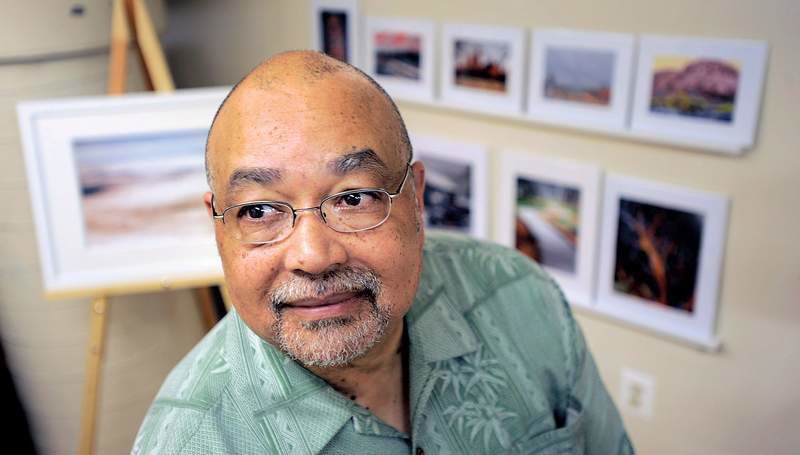THE INNOVATION GENERATION
Published 5:00 am Friday, July 31, 2009

- I really cant wait for things to get better, says Felton Barner, who started ReIMAGE gallery in Savage, Md., after he retired from the information technology industry. I need to do it on my timetable. Ill take the risk. At least I know I tried it.
Felton Barner retired in late 2007 after spending 30 years in the information technology industry. But the 60-year-old Columbia, Md., resident didnt stay retired for too long. Earlier this year, he decided to pursue his lifelong interest in photography; he opened an art gallery business in May.
Peter Van Buren, too, was ready for a new start after a 25-year career in wine sales. But finding a company that matched his passion in promoting environmental sustainability proved challenging. So he and two partners founded the home energy company TerraLogos Green Home Services in 2006.
For years after the dot-com boom, the 20-something upstart has been held up as a model of entrepreneurial spirit. But it is the baby boomer generation 55- to 64-year-olds that has the highest rate of entrepreneurial activity, according to a recent study by the Ewing Marion Kauffman Foundation, a nonprofit group that encourages entrepreneurship.
The study predicts the U.S. might be on the verge of an entrepreneurial boom because of a growing aging population.
With baby boomers living healthier and longer lives, they are no longer following traditional retirement paths and instead seeking second and third careers. Part of that wave reflects a shift from lifetime jobs with long-term employment falling for people ages 35 to 64 years old during the past 50 years, according to the study.
Besides, older Americans have the experience, skills, contacts and other resources to pursue entrepreneurial opportunities. They dont run out of ideas when they retire, said Dane Stangler, a senior analyst at the Kauffman Foundation who wrote the study.
Starting a business during the worst economy since the Depression could have deterred most entrepreneurs, but Barner, feeling restless in retirement, decided it was the right time.
This is now or never, despite the doom and gloom that was forecast all over the place, Barner recalled. I really cant wait for things to get better. I need to do it on my timetable. Ill take the risk. At least I know I tried it.
Barner, who began shooting pictures in the 1970s, dug up his old film and manipulated the coloring and texture to create new renderings, which received positive feedback and were featured at a local gallery. That led Barner to open ReIMAGE Galleries.
So far, Barner said being his own boss has been rewarding, if hard work.
The business is moving slowly but things do take time and patience is required, he said.
Judah Ronch, interim dean of the University of Maryland, Baltimore Countys Erickson School, which focuses on aging issues, is not surprised by the risk-taking nature of baby boomers, whose childhoods in the 1960s and 1970s have helped form their attitude toward growing old.
There is a sense of I will not age according to the stereotypes, and part of that is Im not going to retire, Ronch said. Theyre approaching aging as the next step of development as opposed to the next period of decline.
For Van Buren, now 56, his age was an advantage in starting TerraLogos, which provides home energy audits to help increase efficiency and sustainability. He and his partners, who are also in their mid- to late 50s, brought experience and financial backing, he said.
Since 2006, TerraLogos has grown from a two-person operation to six. Last year, the company conducted 270 audits; this year, its on track to exceed that figure.
I think our generation has many people who grew up in idealism and feel that still, and … if they could tap into that, thats very powerful, Van Buren said.






